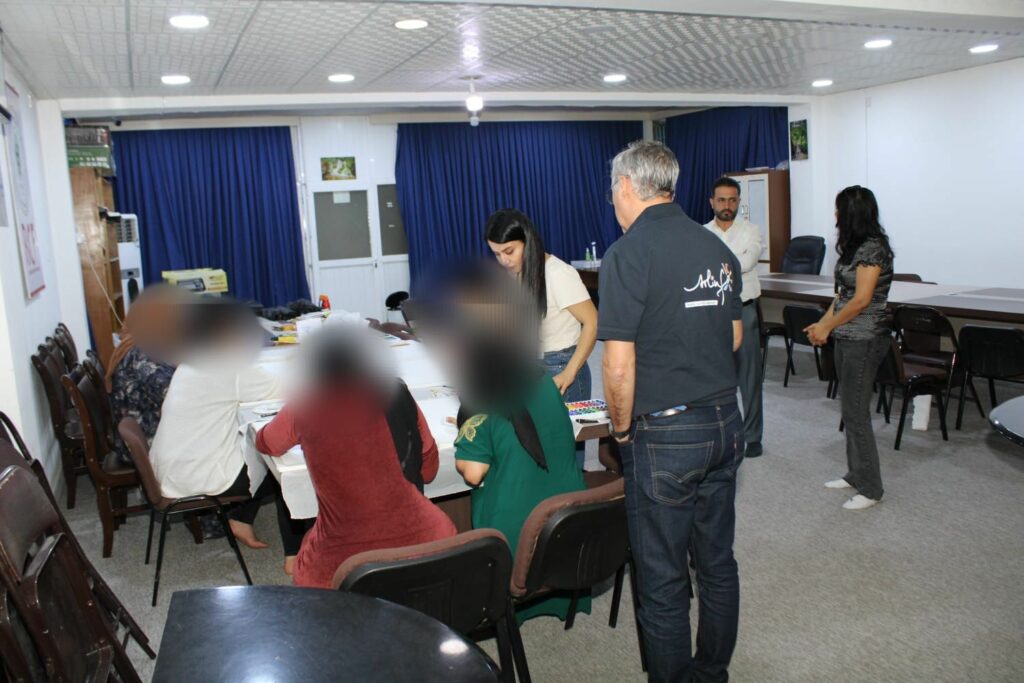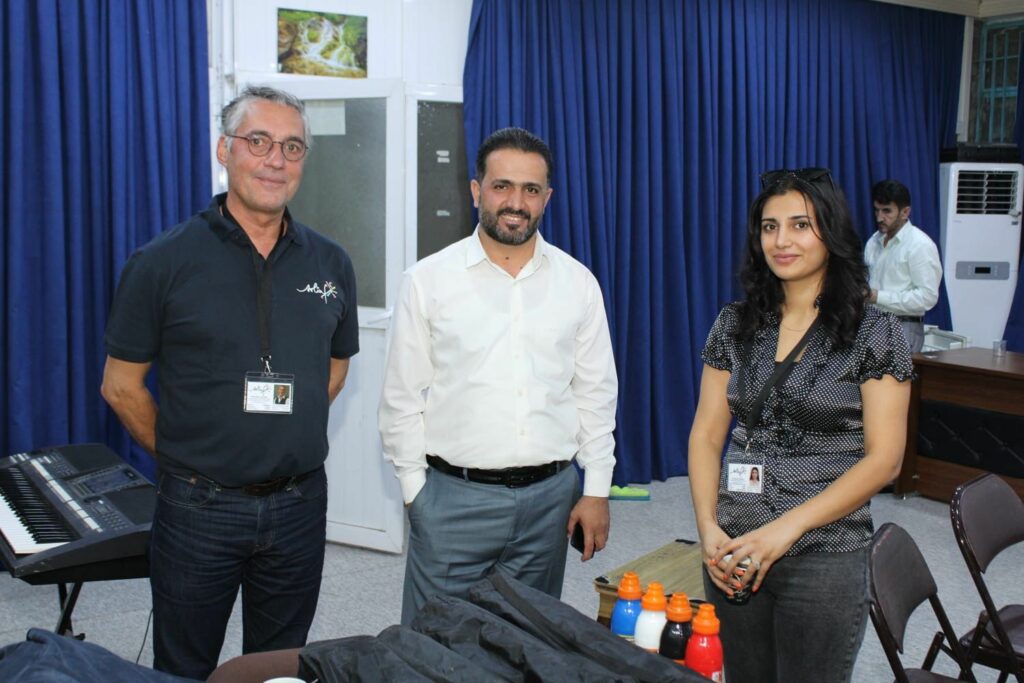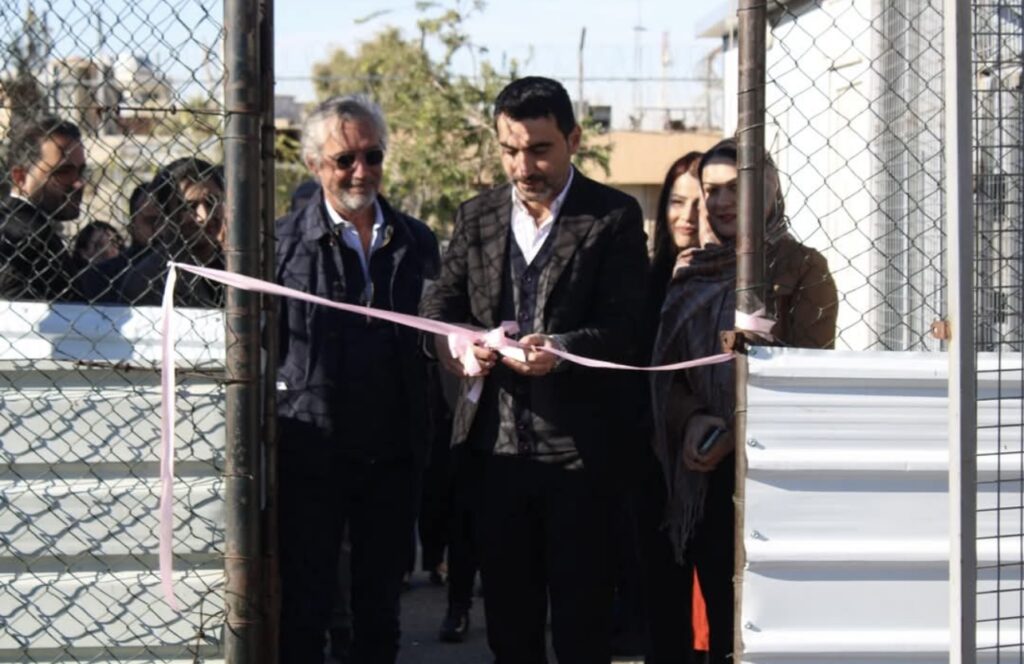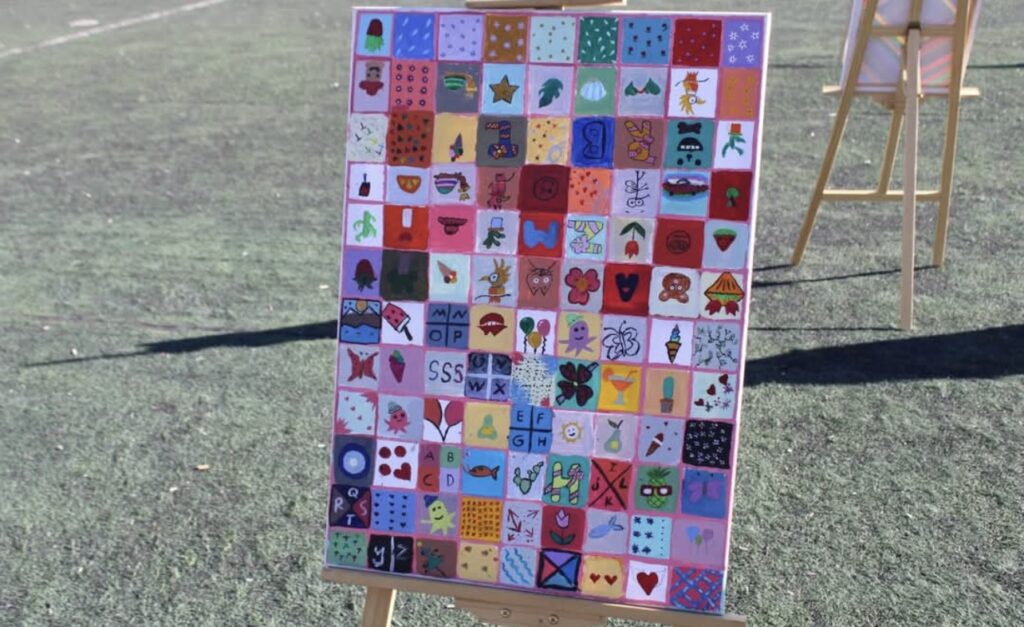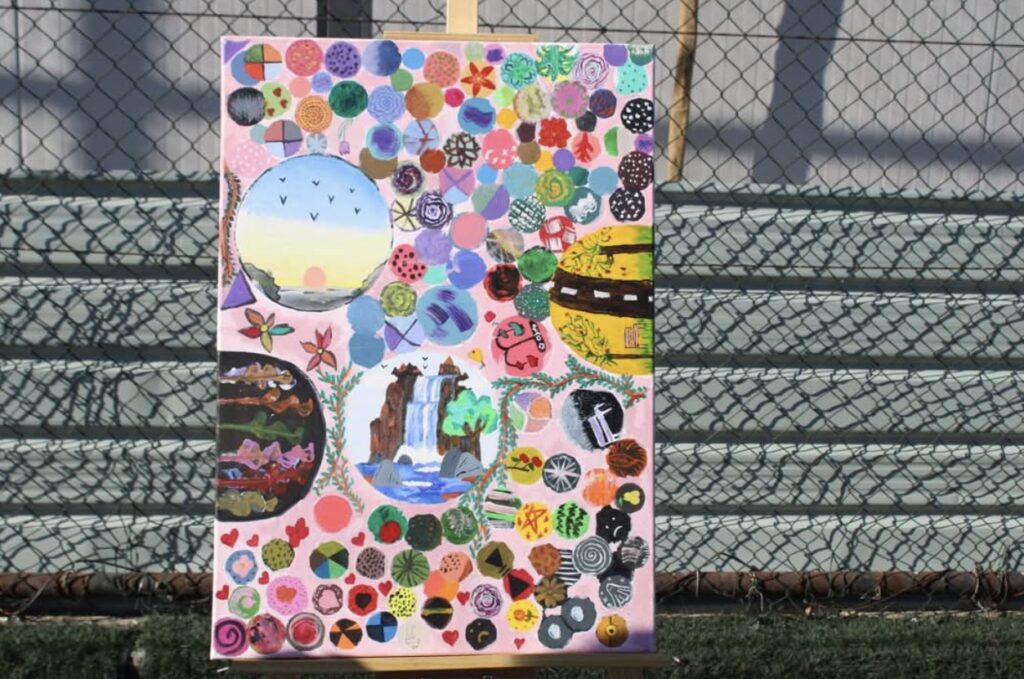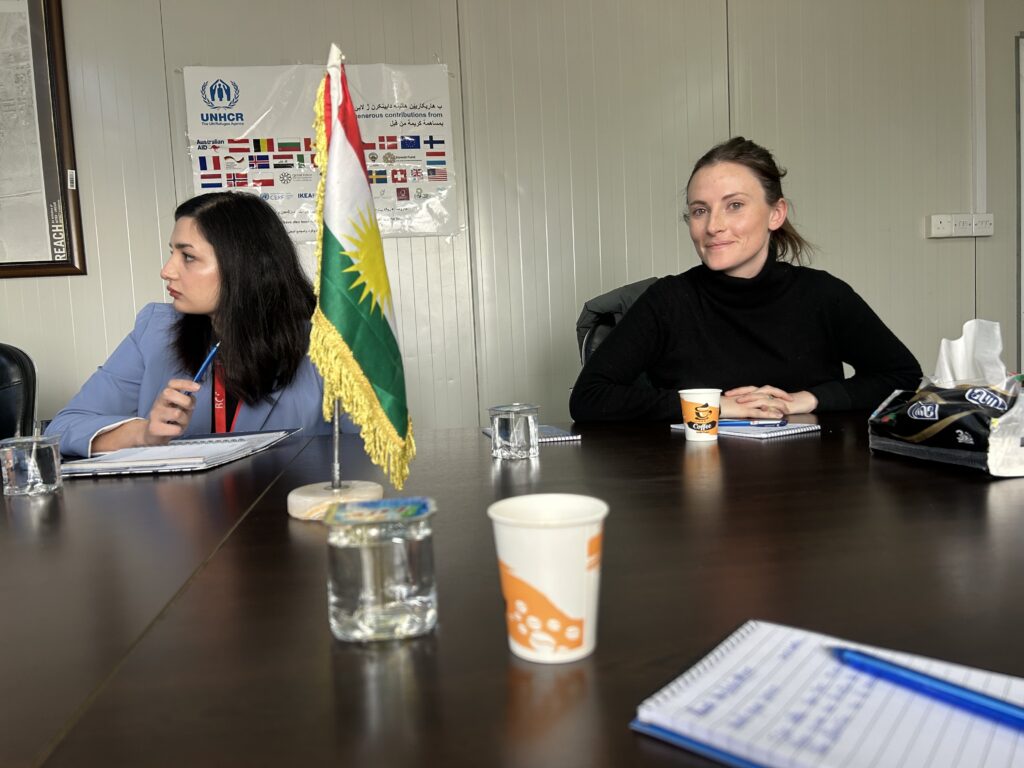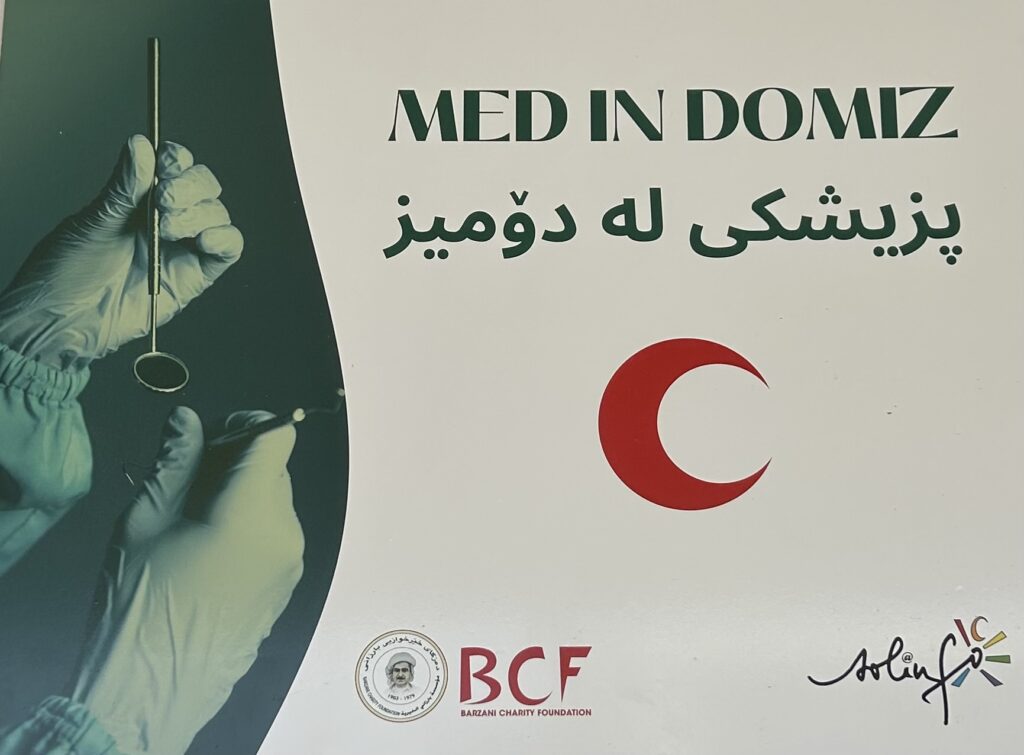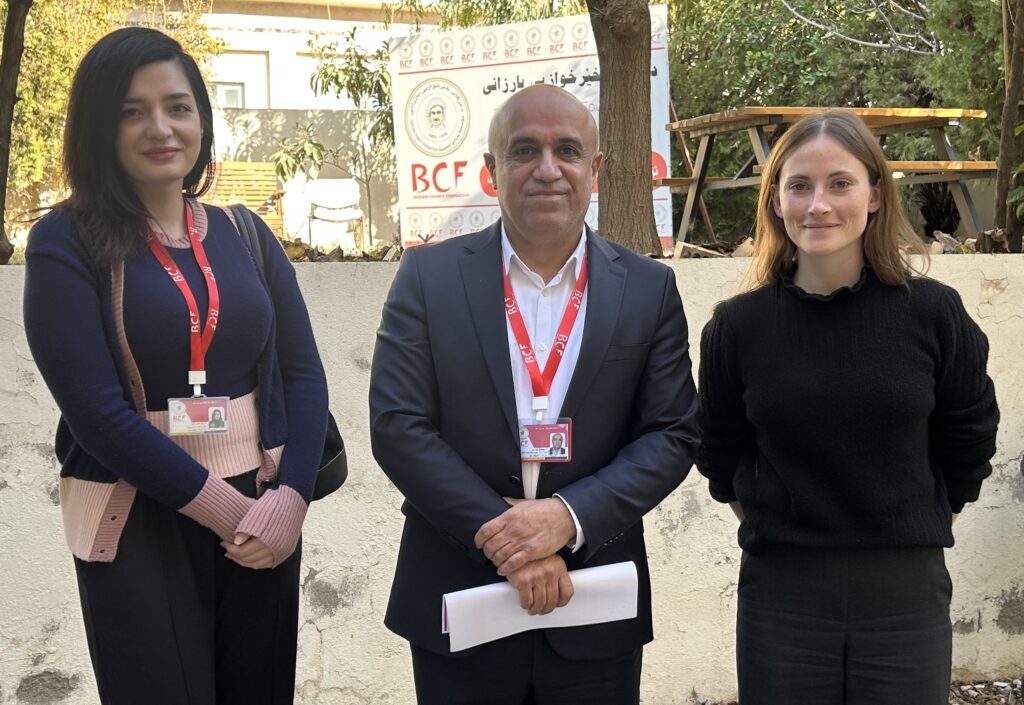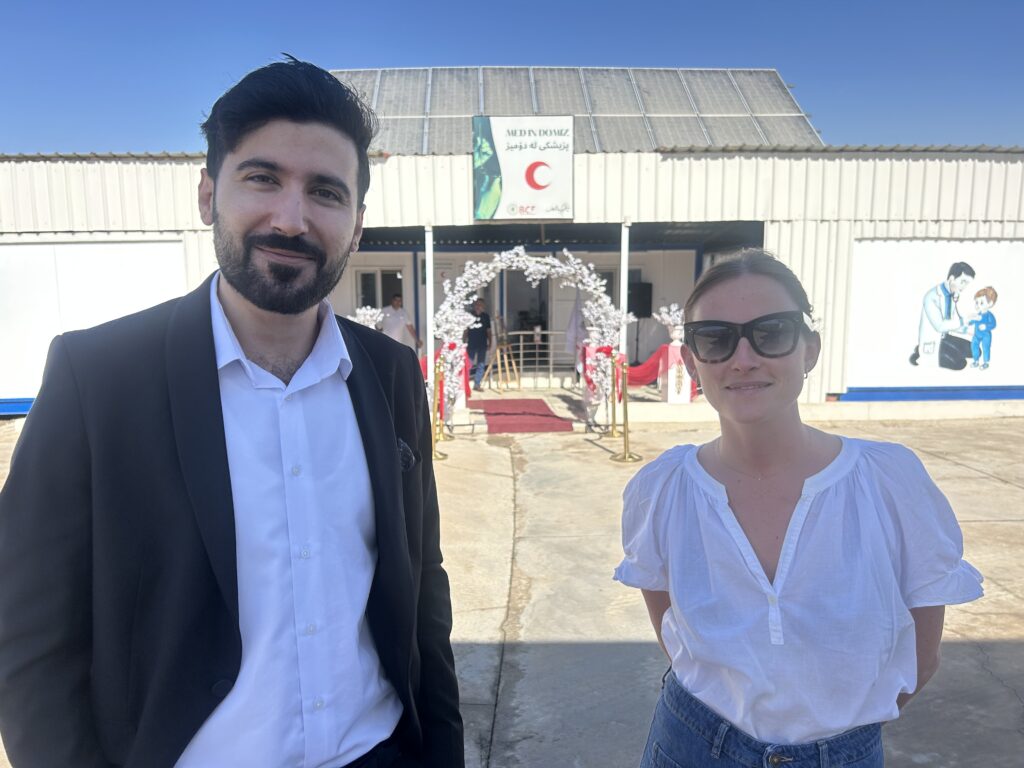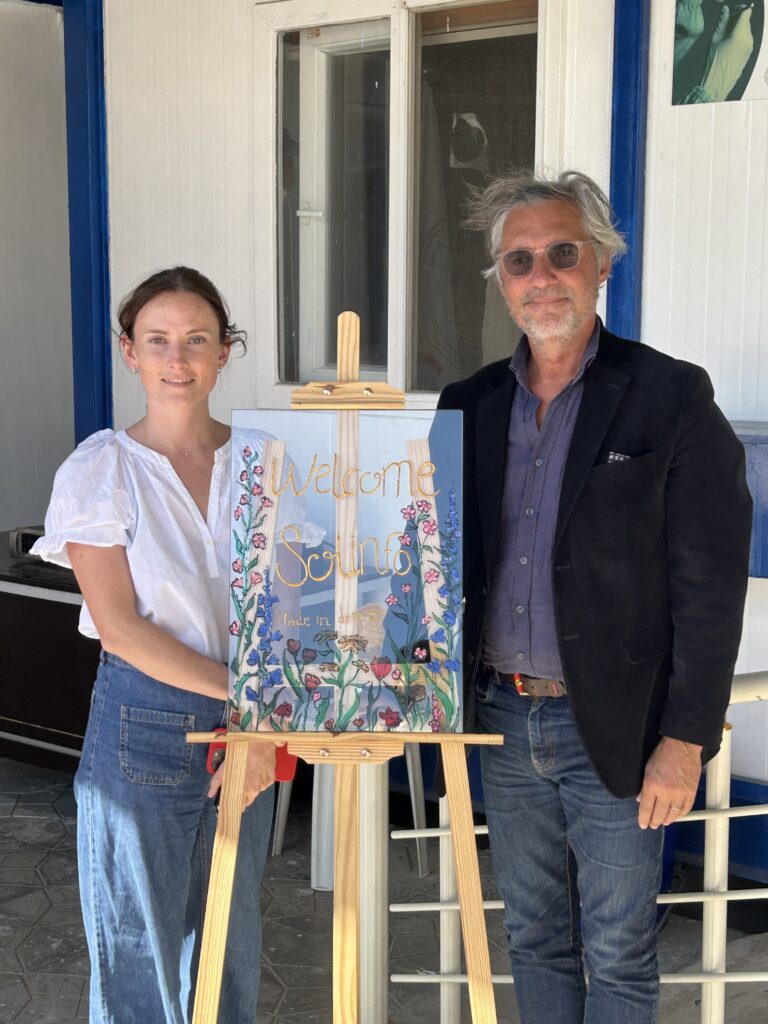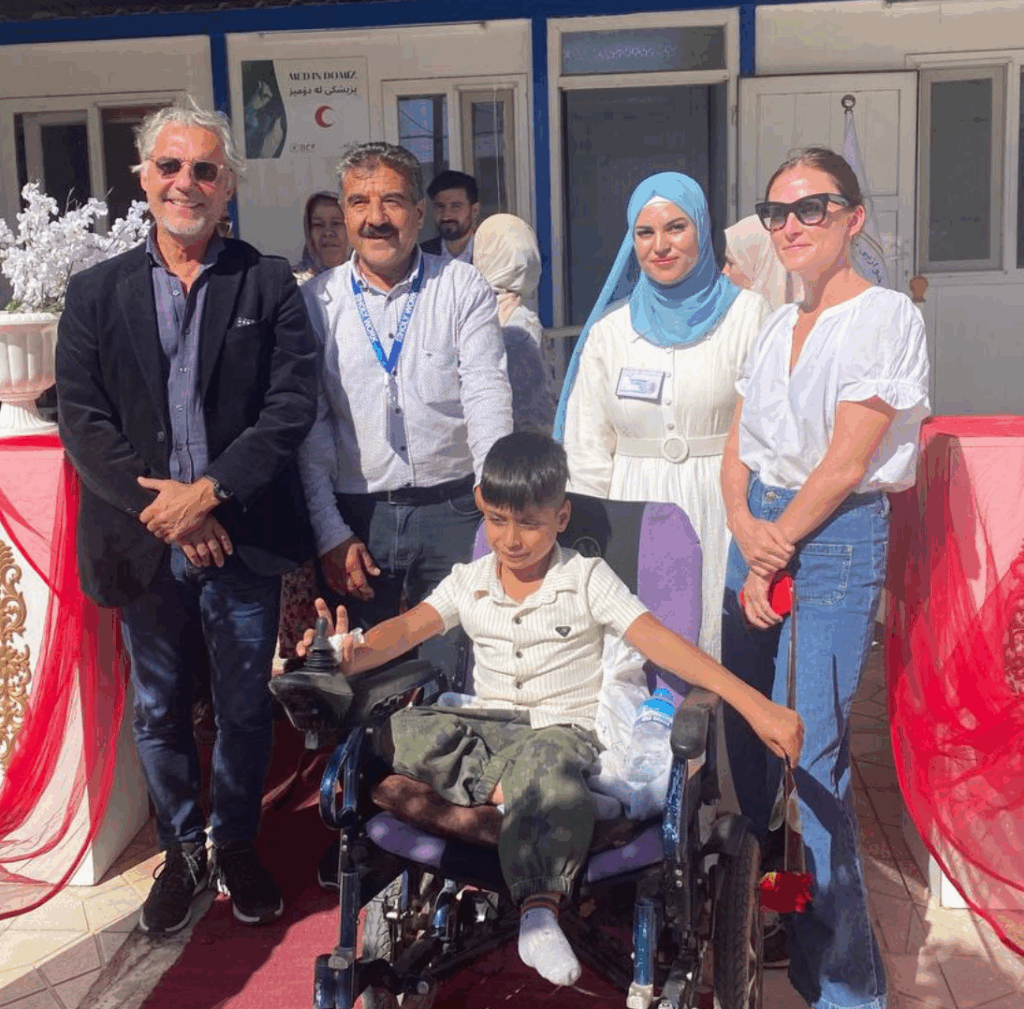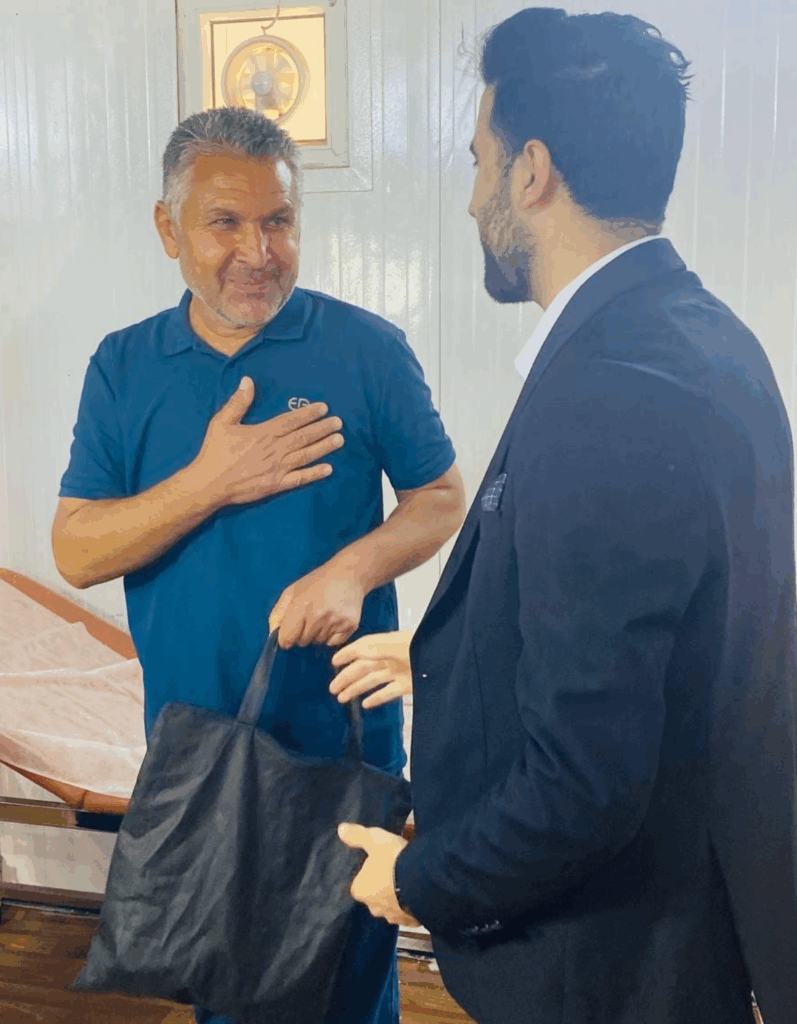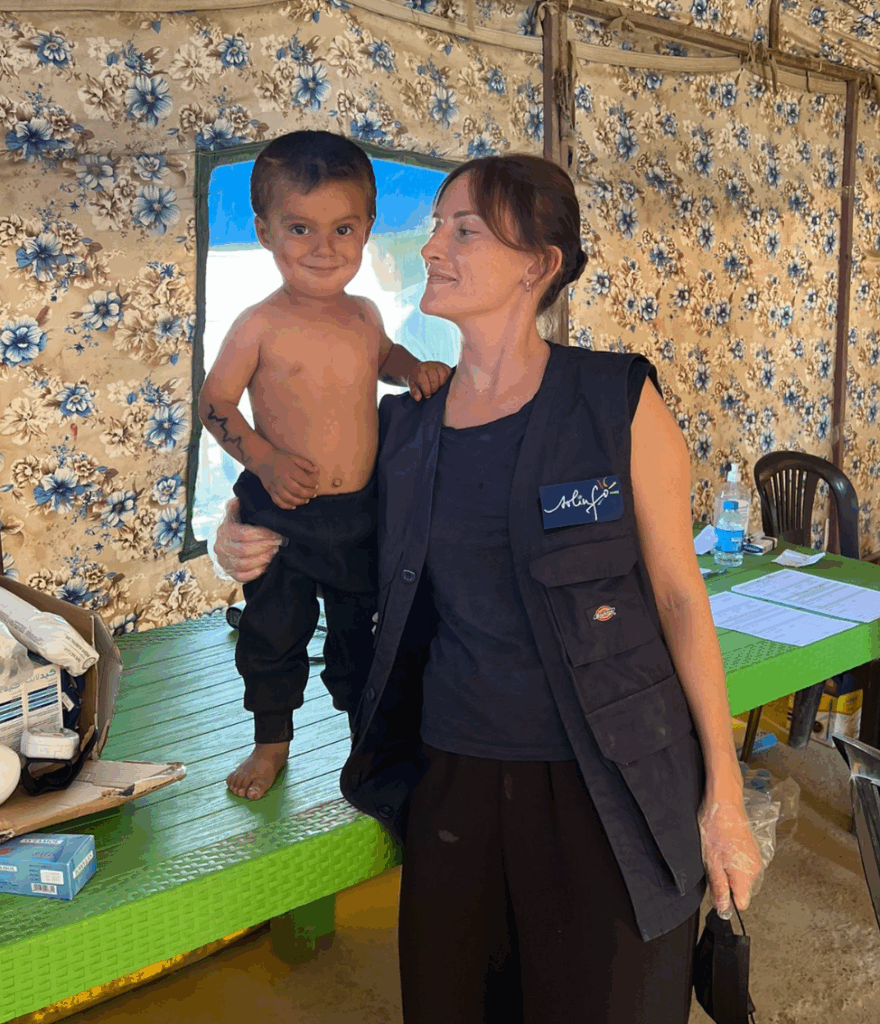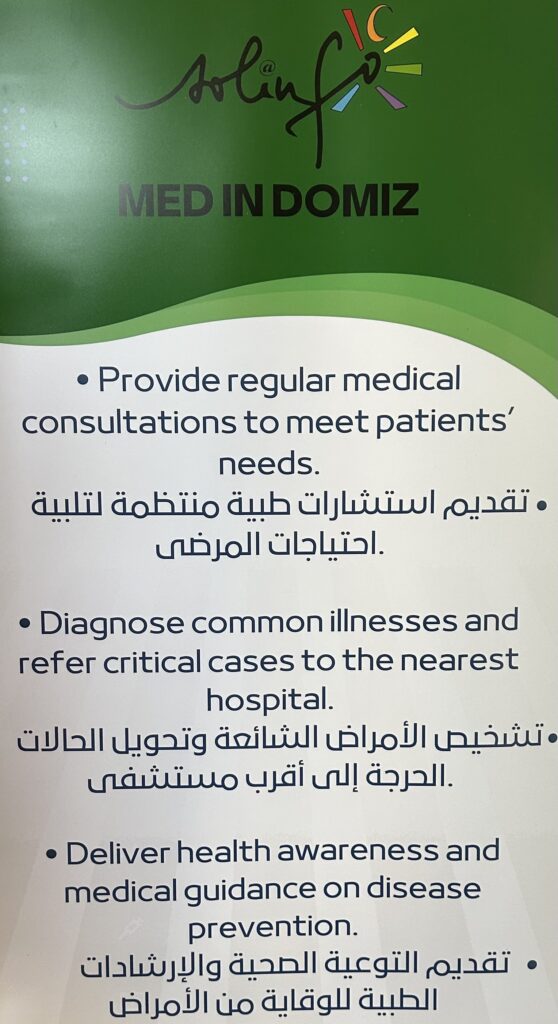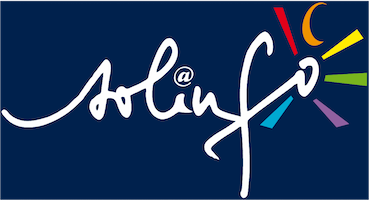Iraqi Kurdistan
Context of the region
Iraq has a population of nearly 40 million and remains a highly diverse society, marked by divisions between Shia, Sunni, Kurdish, and other minority groups, as well as by the long-lasting effects of decades of conflict, corruption, and social inequalities.
Political and community tensions persist, particularly in areas formerly affected by the Islamic State.
Within this landscape, Iraqi Kurdistan stands out for its institutional autonomy and relative stability, supported by a strong Kurdish identity; however, it too faces internal political rivalries, economic dependence on oil, and social challenges similar to those in the rest of the country.
Iraqi Kurdistan has 6.5 million inhabitants, with 53% of the population under 30 and 30% under 15.
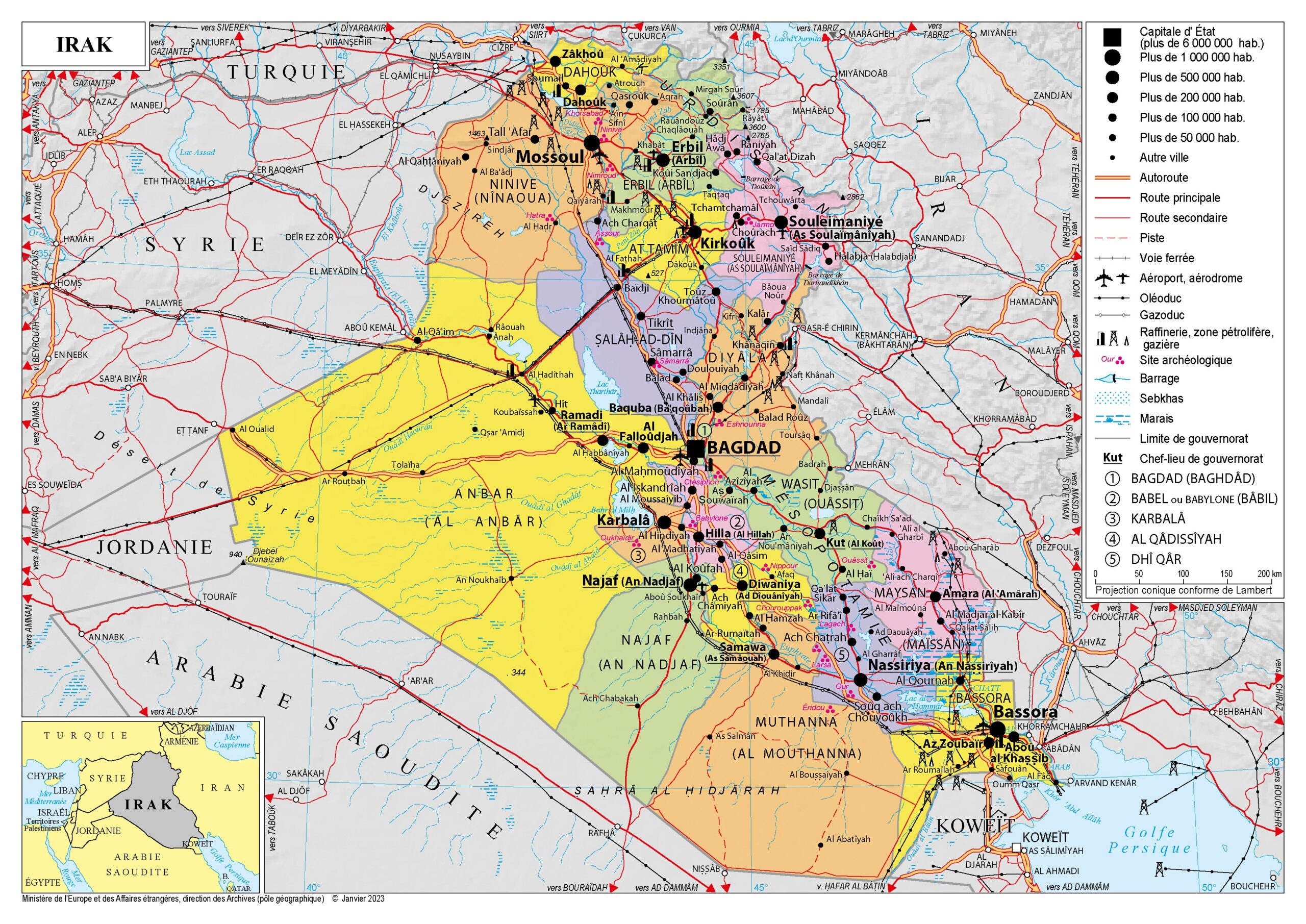
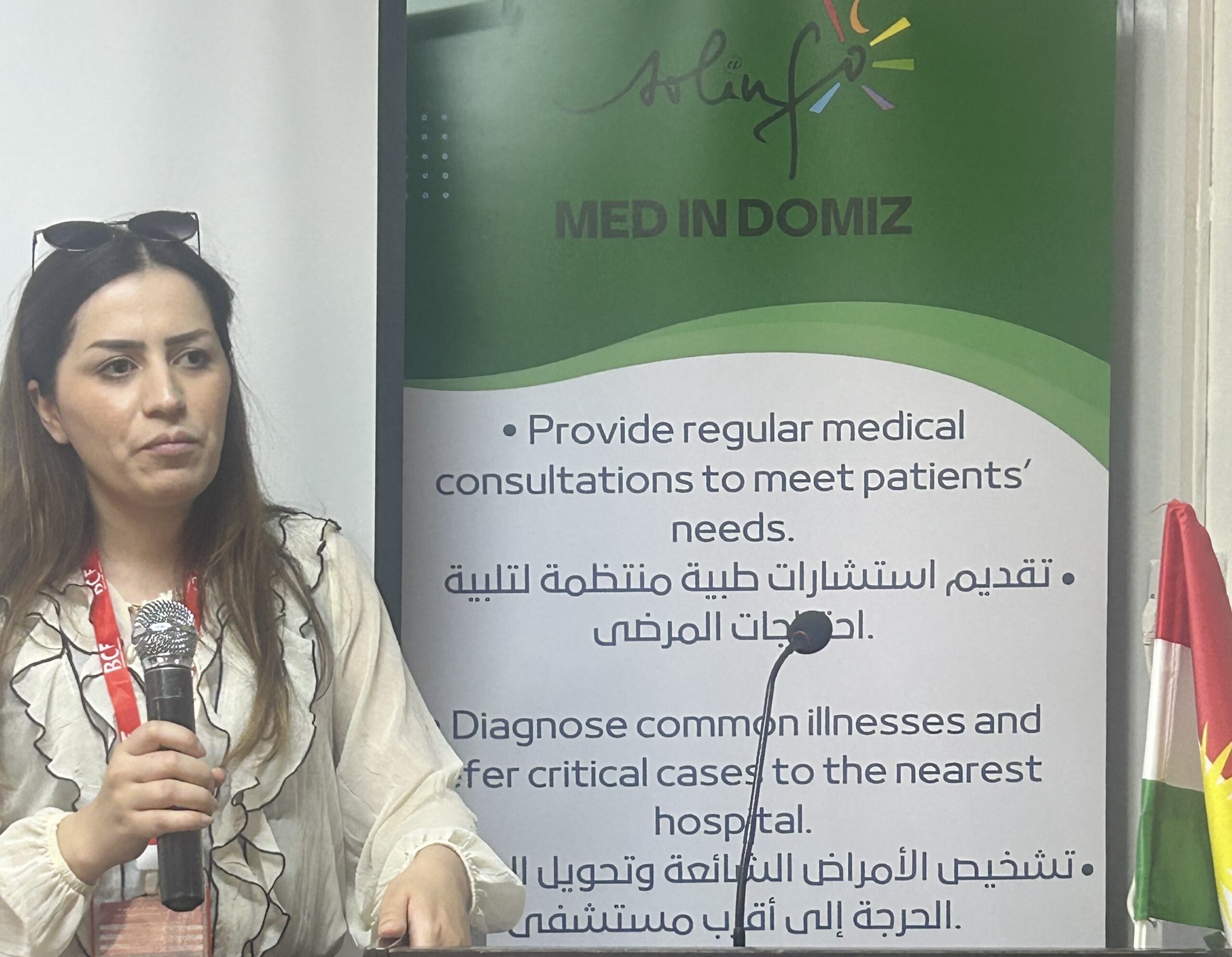
Medical program for refugees
In the Domiz camp near Dohuk, a medical consultation center — Med in Domiz — has been opened for widows and orphaned Syrian refugees, with support from the Barzani Charity Foundation (BCF), which manages the camp hosting 29,062 Syrian refugees.
It should be noted that the decrease in U.S. aid has had a direct impact on the lives of these refugee populations.
A local medical team cares for around 552 patients, providing diagnoses, prescriptions, and medications.
When necessary, and depending on the severity of the case, patients are referred to the regional hospital not far from Domiz.
This program, inaugurated in October 2025, exemplifies the excellent collaboration between a local medical team drawn from the refugee community — Dr. Whatik, Lava, and Khadija — and an international NGO, with the involvement of our volunteer expert and medical advisor, Dr. Juliette Elie.
Our association made it possible to open this essential medical center for refugees in less than one month.
Art-mediation workshops
In Erbil, the “Youth Express” program has been implemented in the juvenile girls’ prison, where around thirty young girls—most of them refugees who have committed offenses—are incarcerated.
Within this framework, weekly art therapy classes are offered directly inside the prison under the supervision of Rozan and Hevi. Art therapy uses drawing, painting, collage, and creative writing as mediums of expression, enabling the girls to put into words and images what is often unspeakable. The goal is to create a protected space where they can express their emotions, fears, traumas, and hopes without judgment.
For these young women, often marked by exile, violence, and family rupture, this creative time becomes a genuine breathing space: it helps build self-confidence and soothes anxiety. Over the course of the sessions, some manage to tell their story differently, revisit their past experiences, and imagine a possible future beyond the prison walls.
We recently had the opportunity to exhibit the works created by the participants to the public, paying tribute to these silent voices from within the prison.
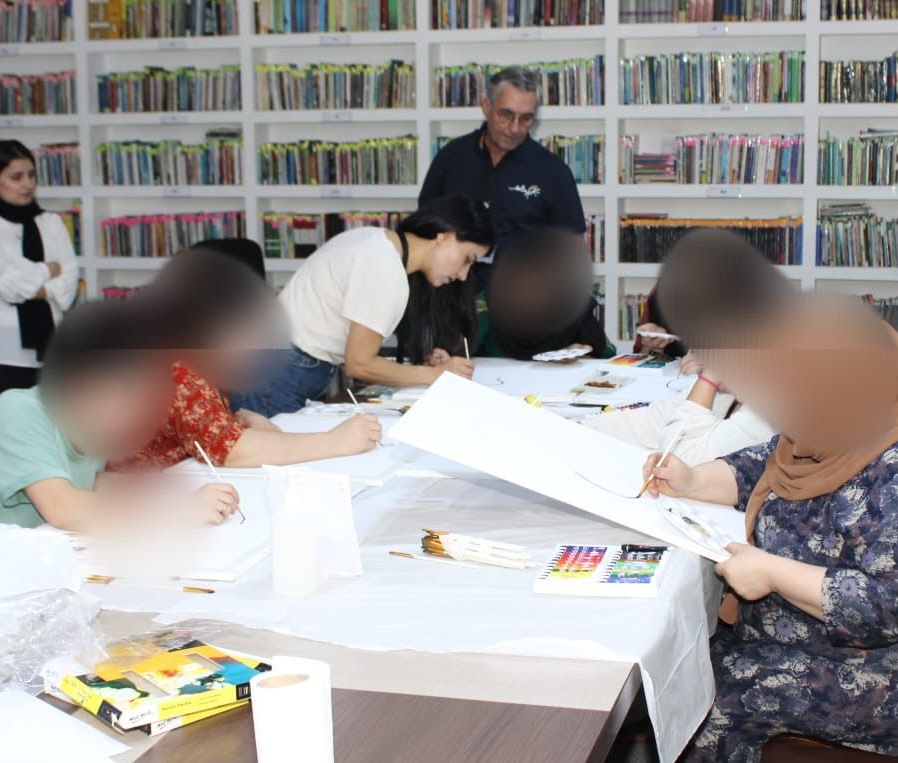
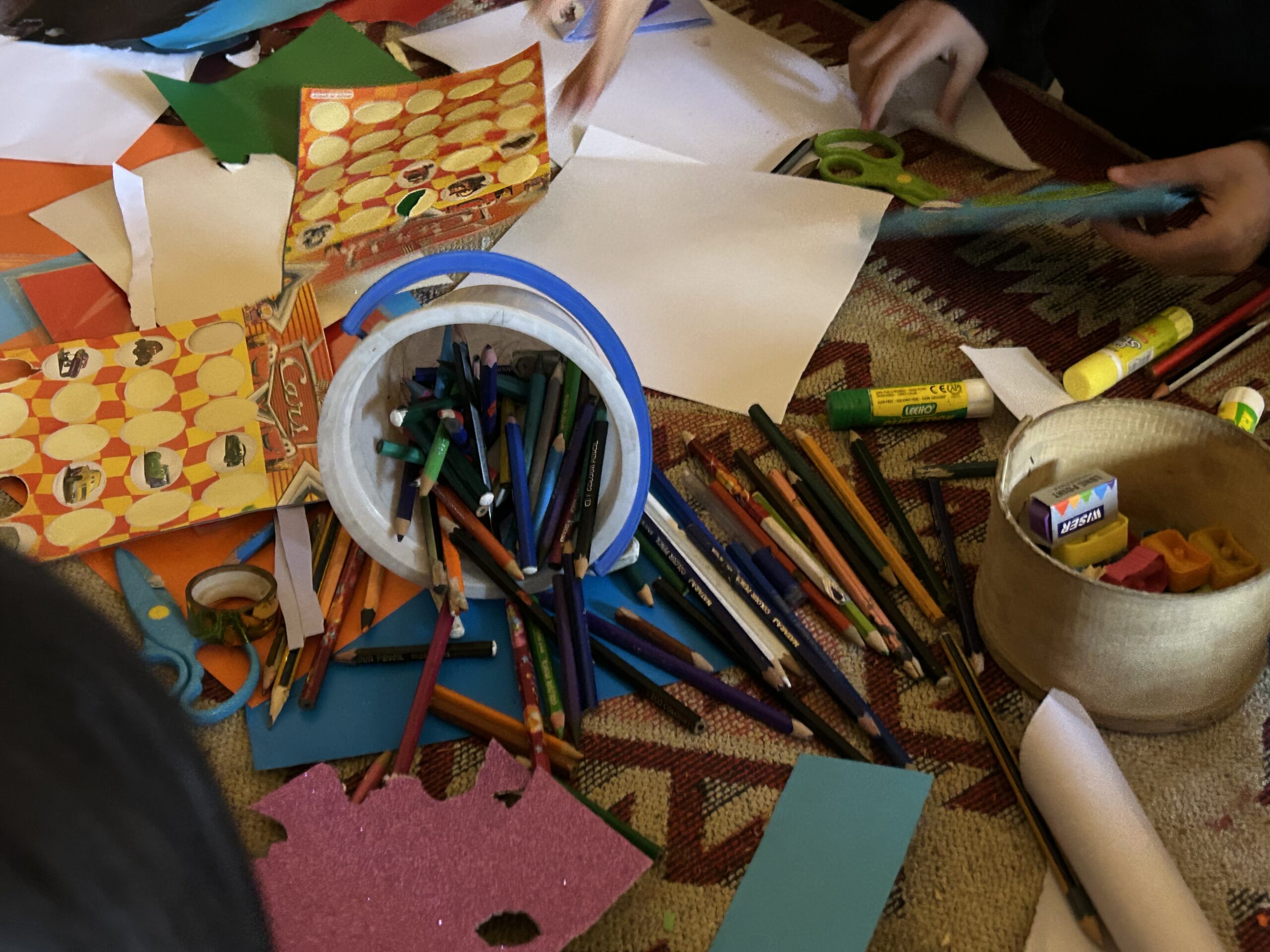
Program funding
Nous cherchons pour ce programme 25.000€/an pour d’une part, les ateliers d’Art Thérapie dans la prison d’Erbil et d’autre part, les consultations médicales au profit des veuves et orphelins du camp de réfugiés syriens de Domiz et fournir les médicaments de base.
Our team in Iraqi Kurdistan
Solinfo has established an association in Iraqi Kurdistan, led by a team under the country direction of Rozan Salah, with Khadija serving as project coordinator in Domiz.
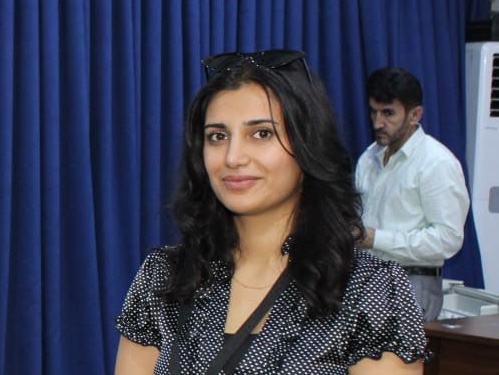
Rozan Salah
Art-therapy facilitator in the juvenile girls’ prison of Erbil, assisted by Hevi Sabir,a social educator.
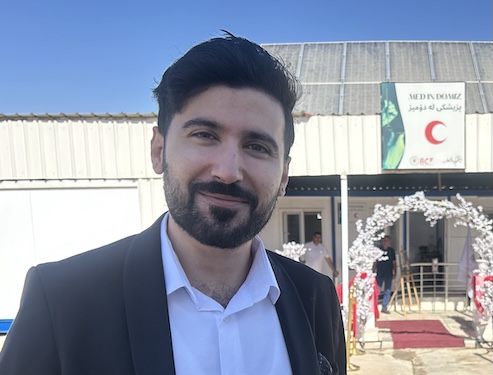
Dr. Whatiq Aziz Alsaydiasoul
A Syrian refugee doctor in Iraq, he runs the Domiz medical center.
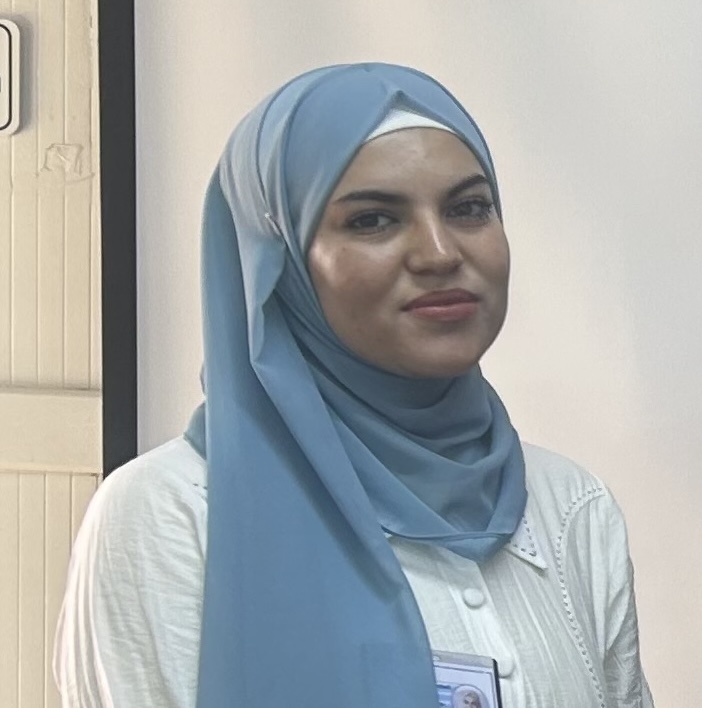
Lava Ali Janbly
Assistant nurse at the Domiz medical center.
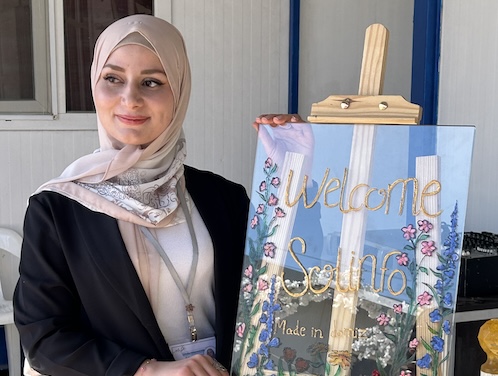
Khadija Mohammed Adib
Project coordinator for “Med in Domiz.”
Snapshots from Iraqi Kurdistan
Art therapy in the juvenile girls’ prison & medical care center for Syrian refugees.
